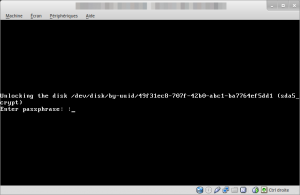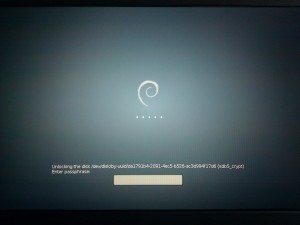Yesterday someone asked to be involved in a project I started long ago, involving translations, in Ubuntu. I’ve left a few dozen projects I used to participate in but my name remains in a few places. I understand how incredibly rewarding it is to start joining projects in Launchpad, start contributing and do so much in Ubuntu, I did it for a long time (and was hired at Canonical in part because of it).
I explained how I couldn’t help anymore there, to look for someone else in the community, and how my focus was now on other free software projects (including Debian). I mentioned how even helping elsewhere would help Ubuntu.
This was the next reply I got (translated):
« [I’ve] decided to make my [possible contributions] to Ubuntu less of a priority, I mean, instead of working with a specific distribution (like Ubuntu) and make it the only beneficiary, now I prefer to work with the [upstream] distribution Debian, so my contributions will benefit Debian, but also all of its derivatives. […] »


